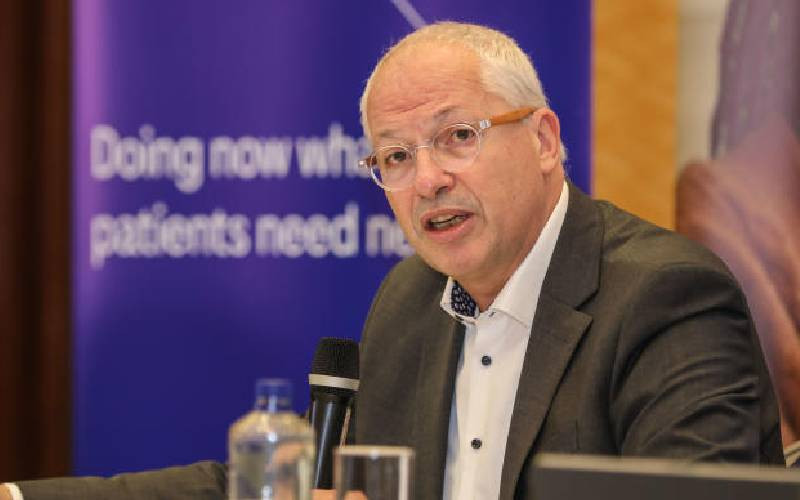×
The Standard e-Paper
Home To Bold Columnists

Bringing down costs of medical tests is not one of the tactics Roche seeks to employ as it unveiled its 10-year strategy to expand its footprints in the continent.
As part of the strategy, the global diagnostics firm in April acquired legal presence in the country to trade as Roche Diagnostics.